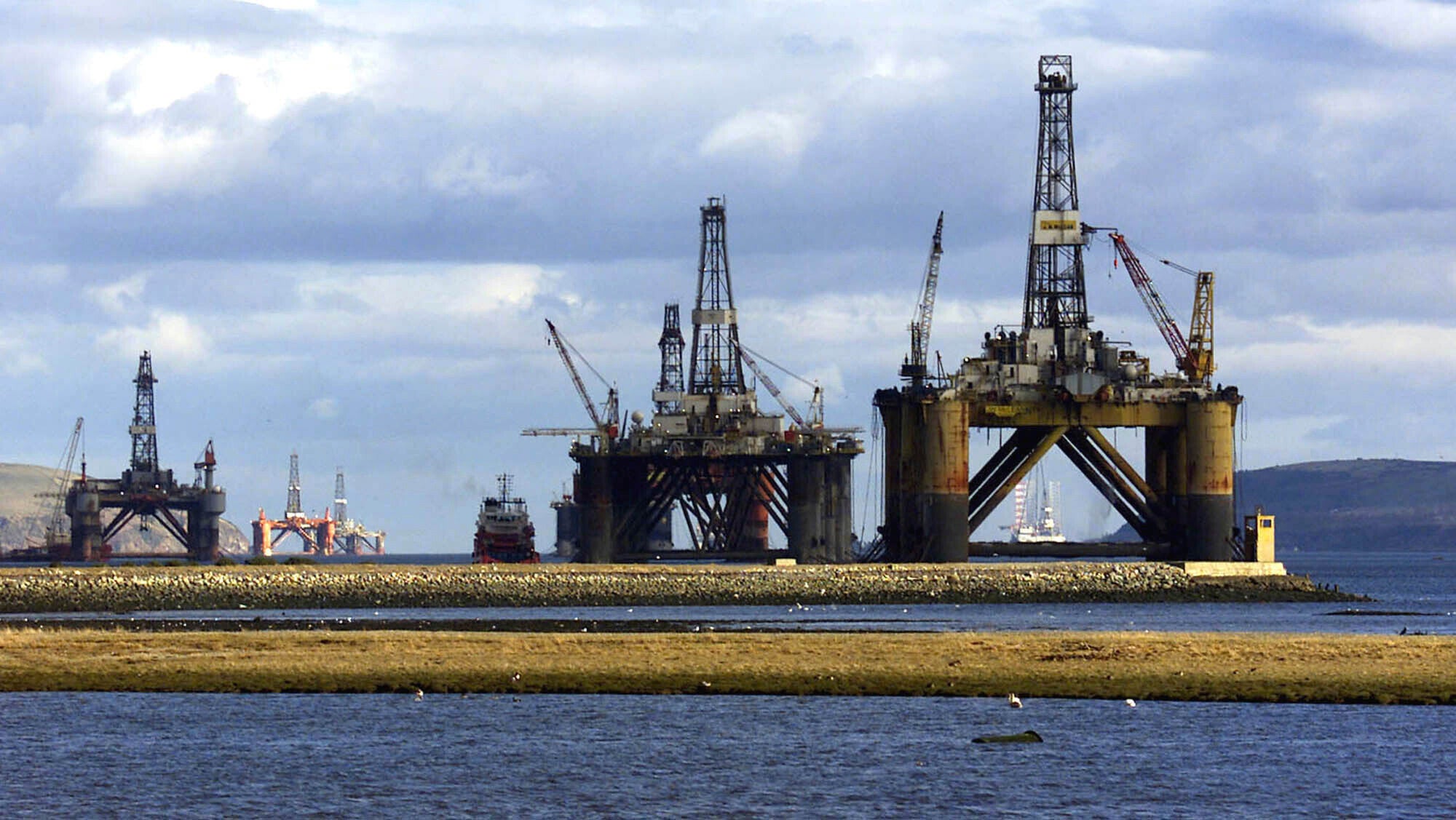Britain approves new North Sea oil drilling in welcome news for the industry but not activists
British regulators have approved new oil and gas drilling at a site in the North Sea

British regulators on Wednesday approved new oil and gas drilling at a site in the North Sea, a move environmentalists say will hurt the country’s attempt to meet its climate goals.
The U.K.'s North Sea Transition Authority said it had approved the Rosebank Field Development Plan, “which allows the owners to proceed with their project.”
Britain’s Conservative government argues that drilling in the Rosebank field, northwest of the Shetland Islands, will create jobs and bolster the U.K.’s energy security.
One of the largest untapped deposits in U.K. waters, Rosebank holds an estimated 350 million barrels of oil.
The field is operated by Norway’s Equinor and the U.K. firm Ithaca Energy, which say they plan to invest $3.8 billion in the first phase of the project. The field is expected to start producing in 2026-2027.
Green Party lawmaker Caroline Lucas called the decision to approve drilling “morally obscene.”
“Energy security and cheaper bills aren’t delivered by allowing highly subsidized, foreign-owned fossil fuel giants to extract more oil and gas from these islands and sell it overseas to the highest bidder,” she said.
The government argues that Rosebank and other new projects will be "significantly less emissions intensive than previous developments.”
It says continuing to extract the North Sea’s dwindling oil and gas reserves “is important for maintaining domestic security of supply and making the U.K. less vulnerable to a repeat of the energy crisis that caused prices to soar after Russia’s illegal invasion of Ukraine.”
Critics say it’s the latest climate U-turn by Prime Minister Rishi Sunak’s Conservative government. Last week Sunak announced a five-year delay, until 2035, on banning new gasoline and diesel cars.
The government says it still aims to reduce the U.K.’s carbon emissions to net zero by 2050.
Energy Secretary Claire Coutinho said the U.K. was committed to investing in renewable energy, but “we will need oil and gas as part of that mix on the path to net zero and so it makes sense to use our own supplies from North Sea fields such as Rosebank.”